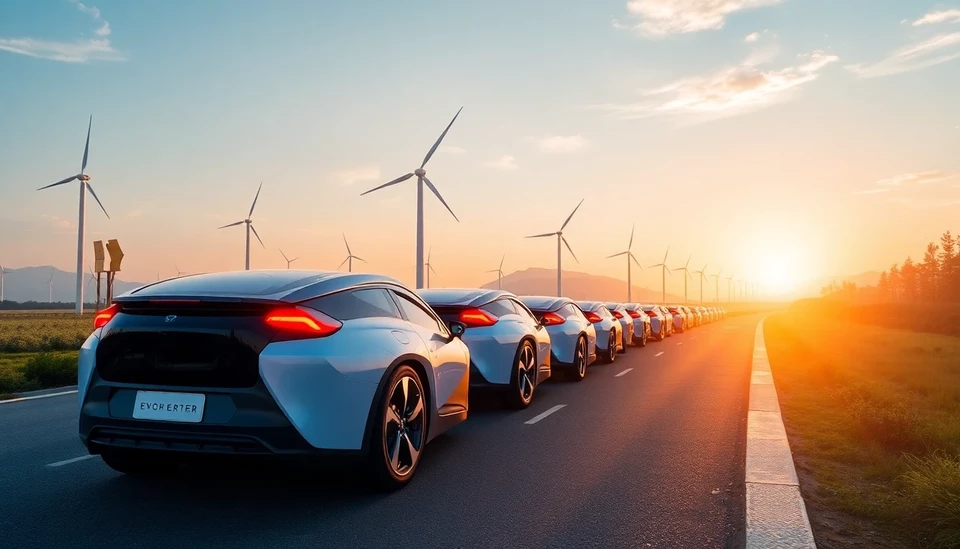
In a landmark development that underscores China’s commitment to renewable energy, the country has embarked on a pioneering initiative to utilize the substantial power generated by its extensive electric vehicle (EV) fleet. This strategic maneuver is projected to transform the landscape of energy consumption and supply in one of the world's largest markets for electric vehicles.
As of now, China boasts the largest fleet of electric vehicles globally, with millions of EVs on the roads. The government is now set to leverage this vehicle fleet to create a decentralized approach to energy management, turning these vehicles into vital contributors to the nation’s energy grid. This innovative strategy involves using the batteries of electric vehicles to store energy and discharge it back into the grid when demand peaks, effectively transforming individual vehicles into mobile energy storage units.
This ambitious initiative comes on the heels of China's rapidly progressing EV infrastructure, which includes the deployment of advanced charging stations and smart grid technology. By integrating electric vehicles into the energy ecosystem, the government aims not only to optimize energy distribution but also to bolster the stability of the grid during times of high demand or peak energy consumption.
The potential benefits of this initiative are numerous. It addresses critical issues such as energy security, the integration of renewable energy sources, and the need for a more resilient grid. Moreover, this approach aligns perfectly with China's broader objectives to reduce carbon emissions and promote sustainable urban transportation solutions.
With several pilot programs already underway in major cities, including Beijing and Shanghai, authorities are optimistic about the prospects of widespread adoption. These programs are designed to test technologies that manage vehicle-to-grid interactions while ensuring that drivers are compensated for the energy their vehicles contribute.
Furthermore, this initiative promises to enhance vehicle utilization by encouraging users to keep their electric vehicles plugged in when parked, thereby generating additional revenue streams and maximizing the efficiency of energy resources. As more individuals transition to owning EVs, the cumulative effect could lead to significant reductions in reliance on fossil fuels and a boost in renewable energy generation.
Experts believe that this shift could inspire other countries to implement similar strategies, further accelerating the global transition towards electric mobility and renewable energy usage. In a world increasingly focused on combating climate change, China’s forward-thinking approach serves as a test case for future energy solutions worldwide.
Overall, this innovative framework not only highlights China's prowess in the EV sector but also sets a precedent for the global community to rethink how vehicles can contribute toward a cleaner, more sustainable future.
As we move forward, the world will be watching closely to see how this groundbreaking initiative unfolds and the potential ripple effects it may have on international energy strategies and environmental policies.
#China #ElectricVehicles #RenewableEnergy #SustainableTransportation #EnergyGrid #ClimateChange #InnovativeTechnology #GreenEnergy
Author: Megan Clarke




